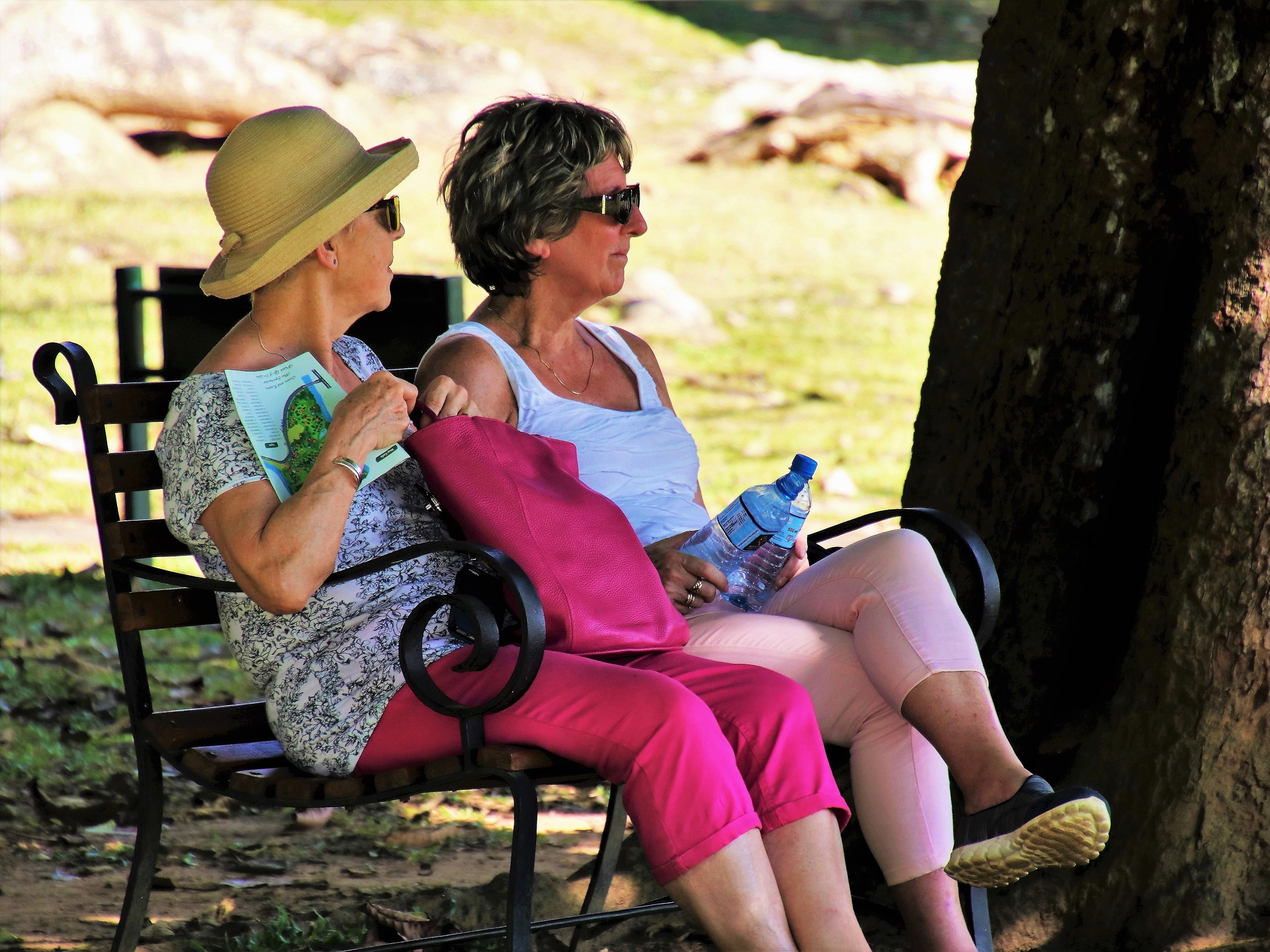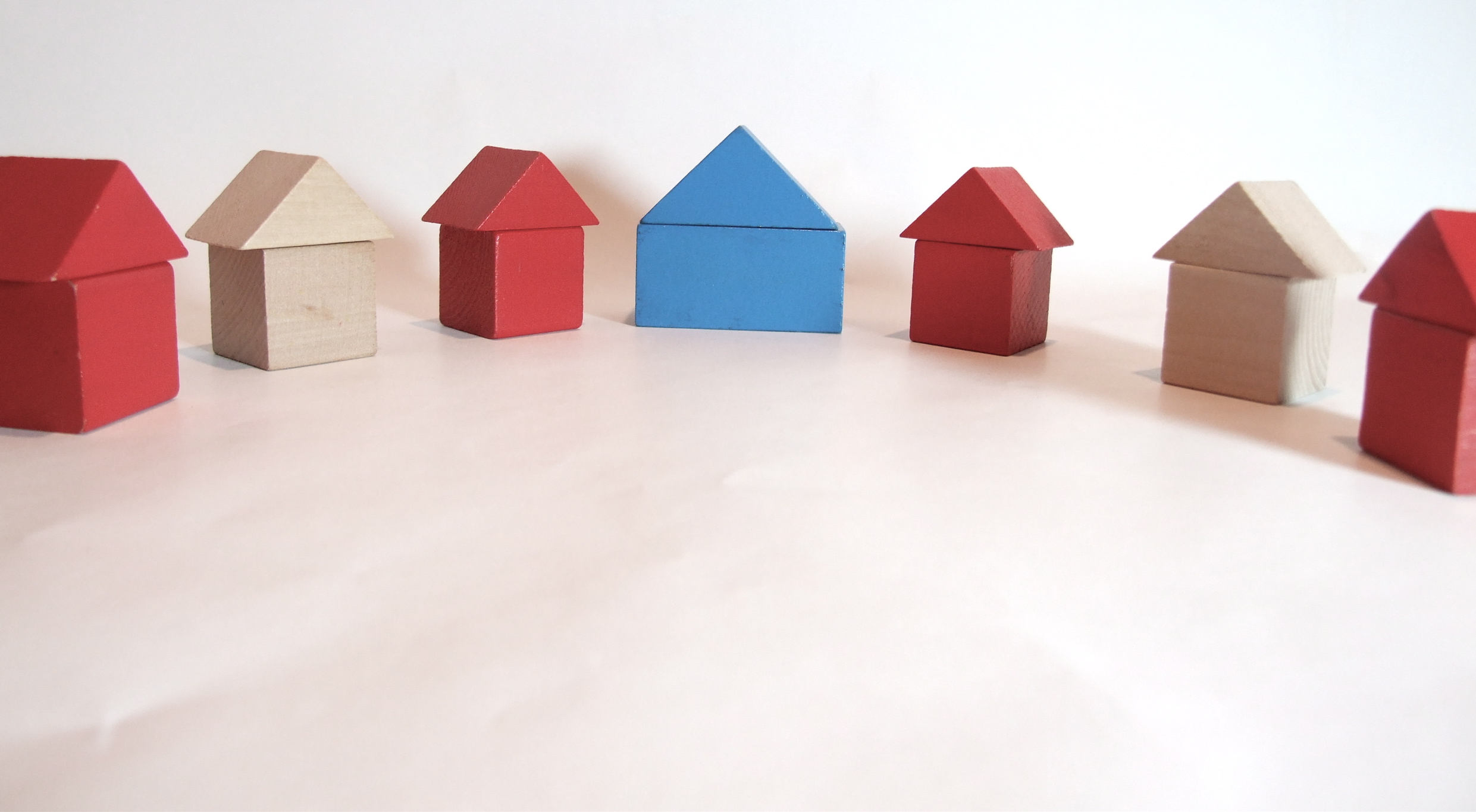Texas has been experiencing some record-setting high temperatures this summer. Seniors can be more susceptible to heat-related health problems so it’s important to take precautions to make sure you stay safe and healthy during the extreme temperatures. Here are 10 tips to help seniors beat the heat this summer:
- Stay Hydrated. Try to drink 6 to 8 glasses of water per day. The feeling of thirst decreases as we age, so seniors must consciously increase water intake, especially during periods of prolonged physical activity. By the time you start to feel thirsty, your body is already dehydrated. Avoid caffeinated drinks as they can contribute to dehydration. If you know you’ll be outside for a long period, plan ahead and pack water to take with you.
- Dress Appropriately. Remember the 5 L’s – Layered, Loose, Lightweight, Light-colored, Long sleeves. Layers allow you to go from the cooler mornings and evenings to the warmer part of the day. Loose and lightweight clothing allows your skin to breath better than tight fitting, heavier garments. Light colors reflect the sun and are therefore cooler. Long sleeves protect your skin from harmful UV rays. A wide brimmed hat is also important for protecting your face, ears and neck.
- Protect Your Eyes. Vision problems are common among seniors and too much exposure to the sun can irritate eyes and cause further damage. Glasses or sunglasses that block UVA and UVB rays can help reduce the cumulative effect the sun can have on cataracts and age-related macular degeneration.
- Wear sunscreen. Look for a sunscreen that blocks both UVA and UVB rays with a sun protection factor (SPF) of 30 or more. Be sure to apply it 15-30 minutes before you will be exposed to the sun. If you’re enjoying water activities, be sure to reapply your sunscreen frequently – even if it says it is “waterproof” it needs to be reapplied every couple of hours.
- Know the signs of heat stroke. Symptoms of hyperthermia, or heat stroke, include body temperature of 104+, confusion, disorientation, agitation, dry, flushed skin, headache, lethargy, nausea and vomiting, rapid pulse, and fainting. If you or someone you know experiences these symptoms, seek medical attention immediately.
- Plan activities for morning or evening. Try to limit your outdoor activity to the times of day when the temperatures are lower and the sun isn’t beating down on you.
- Turn on your air conditioning. A closed up home without air conditioning can be a dangerous place in the heat of the summer. Many seniors don’t want to run up their electric bill so they avoid running their air. If the cost is an issue, consider spending the hottest part of the day with friends or family who have air conditioning or at a shopping mall, senior center, or movie theater. If you need assistance with your utility bills, there are many state and local programs that can help. Check with your electric company or city government to find out what is available to you and what the requirements are.
- Check on Friends and Family. Get to know your neighbors so you can look out for one another. Check on friends and relatives, especially those who do not have air conditioning. Plan outings together in places that have air conditioning.
- Know Your Medications. If you take daily medications, review the potential side effects. Some medications can increase sensitivity to ultraviolet (UV) rays. If you are unsure, call your doctor or pharmacist with any questions.
- Know Who to Call. Prepare a list of emergency phone numbers and place them in an easy to access area. If you aren’t feeling well or need help, don’t be afraid to call for help.
Have fun and stay safe!
(This is an update to an article originally published on May 20, 2015)



